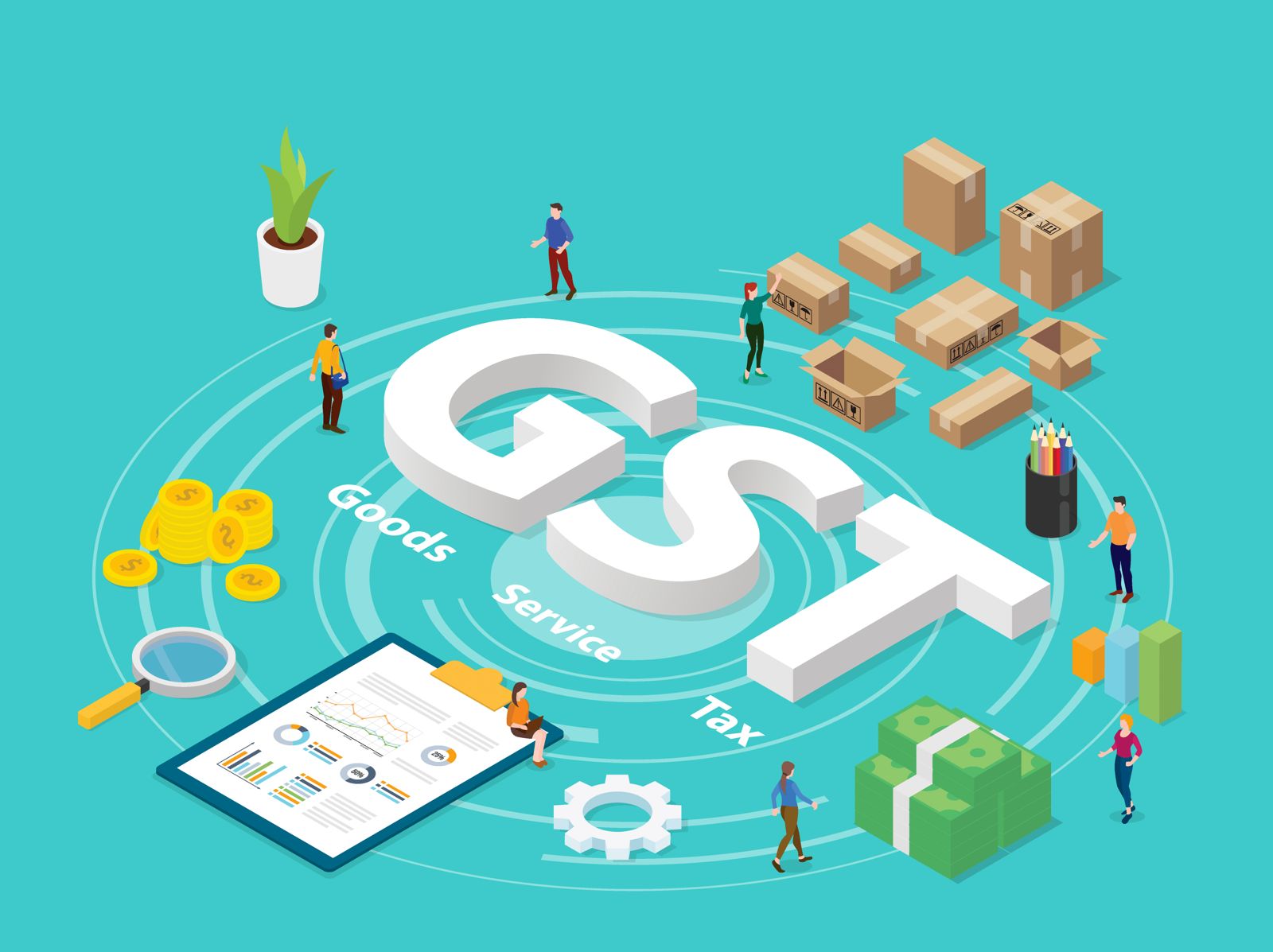

GST Advisory: New E-Way Bill Rules Impact Buyers, Sellers, and Transporters; Input Tax Credit at Risk
The Goods and Services Tax Network (GSTN) has issued an important advisory introducing key changes to the GST portal, effective January 1, 2025. These changes impact buyers, sellers, and transporters, with potential consequences for compliance and business operations.
Key Updates at a Glance
- Time Limit for E-Way Bill Generation
- E-Way Bills can now only be generated for documents dated within 180 days of the base document.
- Example: Documents issued before July 5, 2024, will no longer be eligible for E-Way Bill generation starting January 1, 2025.
- Restricted Extension of E-Way Bill Validity
- Extensions for already generated E-Way Bills are now capped at 360 days from the original generation date.
- Example: An E-Way Bill generated on January 1, 2025, can only be extended until December 25, 2025.
- Mandatory Multi-Factor Authentication (MFA)
- MFA, which involves login credentials and an OTP, is being gradually mandated for all taxpayers:
- Currently Mandatory: For Annual Aggregate Turnover (AATO) exceeding ₹100 crore since August 2023 and optional for ₹20 crore since September 2023.
- From January 1, 2025: Mandatory for taxpayers with AATO over ₹20 crore.
- From February 1, 2025: Mandatory for AATO over ₹5 crore.
- From April 1, 2025: Mandatory for all taxpayers.
- MFA, which involves login credentials and an OTP, is being gradually mandated for all taxpayers:
Implications of E-Way Bill Rules on Buyers, Sellers, and Transporters
For Buyers:
The buyer’s Input Tax Credit (ITC) eligibility is directly linked to compliance with the e-way bill mechanism. Non-compliance by sellers could result in buyers losing ITC entitlement. Buyers must ensure:
- They possess the seller’s valid e-invoice or tax invoice.
- Goods are physically received.
- Goods qualify for ITC under GST rules.
- Suppliers have declared these supplies in their GST returns.
- The supplier’s GST liability has been paid to the government.
For Sellers:
Sellers must adhere to the new time limits for E-Way Bill generation and extension. Non-compliance could lead to:
- Seizure of goods by the GST department.
- Negative financial implications due to disrupted business activities.
Sellers are also encouraged to promptly generate and upload invoices to ensure buyers can claim ITC without delays.
For Transporters:
Transporters face significant risks under the new rules, as goods transported without valid E-Way Bills may lead to the seizure of vehicles. This emphasizes the need for collaboration between transporters and sellers to comply with the updated regulations.
The Role of E-Way Bills in the GST Ecosystem
The e-way bill system ensures that the movement of goods is genuine and documented. According to tax experts, it is a critical element that links the seller’s output tax liability with the buyer’s input tax credit, promoting transparency and preventing fraudulent transactions.
Preparing for Compliance
Experts recommend businesses take proactive measures to adapt to these changes:
- Enable Multi-Factor Authentication: Start using MFA well before the deadline.
- Review Compliance Processes: Ensure invoices and e-way bills are generated and extended within the stipulated timelines.
- Update Records: Maintain accurate and up-to-date documentation for seamless compliance.
For detailed instructions, taxpayers can visit the E-Invoice and E-Way Bill portals.
These updates aim to streamline GST compliance but require timely preparation to mitigate risks. Businesses are advised to incorporate these changes into their operational strategies to avoid disruptions starting January 2025.












